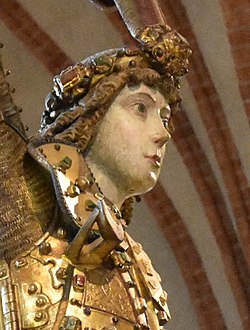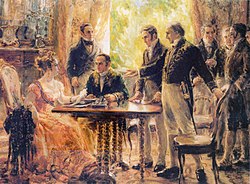This article needs additional citations for verification .(January 2010) |

A regent is a person selected to act as head of state (ruling or not) because the ruler is a minor, not present, or debilitated. [1] The following is a list of regents throughout history.




